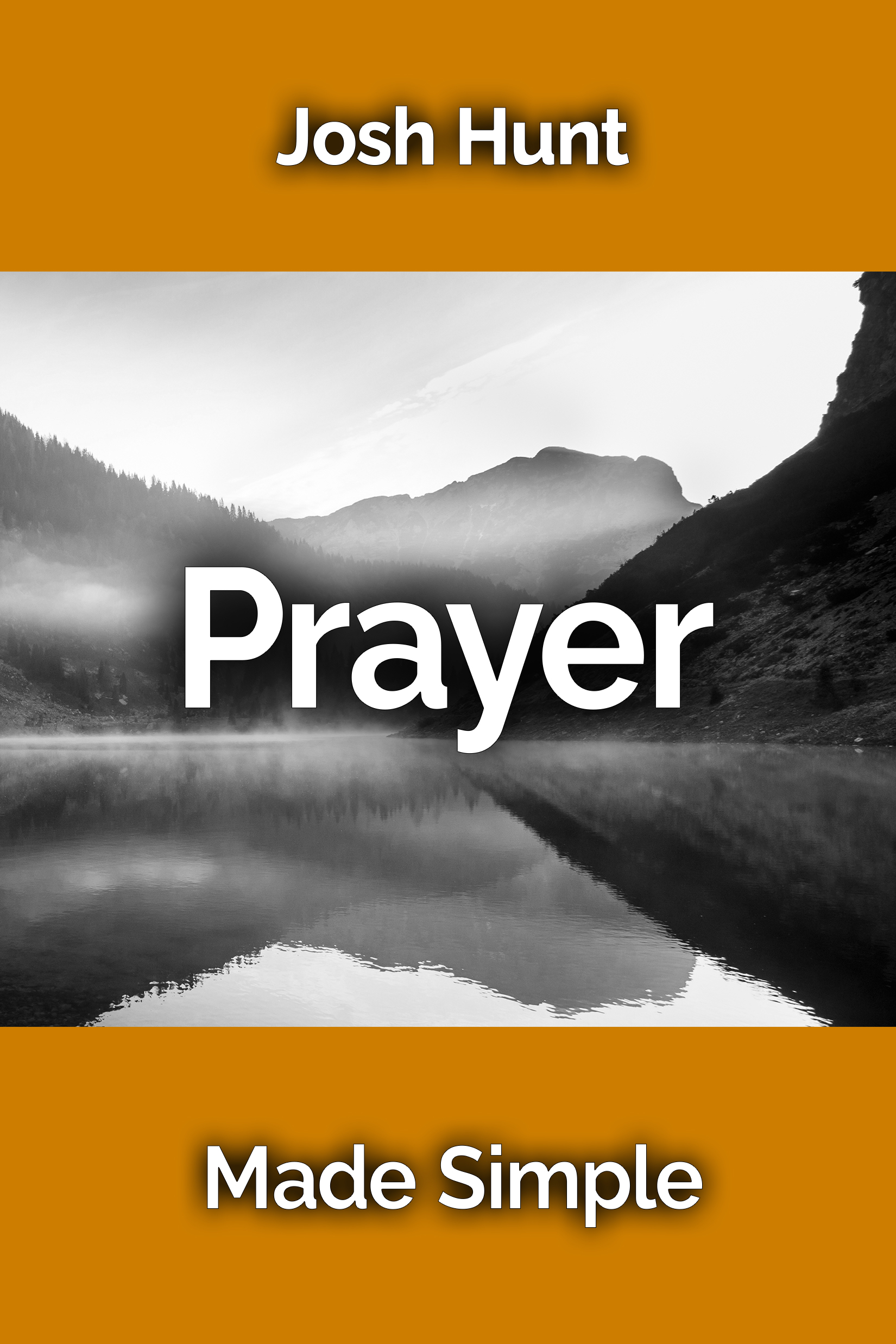 When we talk with
God, God ought to do most of the talking.
When we talk with
God, God ought to do most of the talking.
This would be true any time a greater person is in conversation with a lesser person. Think of how a child listens to a parent, or a student listens to a teacher. The greater person—the one with more wisdom, authority, or experience—naturally takes the lead. If we had the opportunity to talk to the President, or a rock star, or a famous author, we would likely have the good sense to let them do most of the talking.
So, when we pray, why
do we often take over the conversation? Why do we spend so much time telling God what we need, what we think, and what we want, instead of letting Him speak?
If God is the greater person in this relationship—and He is—shouldn’t we listen more? How different from this many of our prayers are:
When I listened to public prayers in evangelical churches, I heard people telling God what to do, combined with thinly veiled hints on how others should behave.
But how? How do we hear God’s voice? The primary way God speaks to us is through His Word, the Bible. And when we combine prayer with Scripture, something powerful happens.
The Bible and Prayer: A Two-Way Conversation
The Bible is more than a book; it’s a living, breathing message from
God. Hebrews 4:12 tells us, “For the word of God is alive and active. Sharper than any double-edged sword, it penetrates even to dividing soul and spirit, joints and marrow; it judges the thoughts and attitudes of the heart.”
When we open the Bible, we’re not just reading ancient words. We’re hearing God’s voice. And when we combine that with prayer, we create a two-way conversation.
- We hear from God through His Word. The Bible teaches us who God is, what He has done, and how He
calls us to live.
- We respond to God in prayer. As we read, we pray about what we read about.
That phrase—pray about what you read about—is a simple yet profound way to integrate Scripture and prayer. Piper explains:
If I try to pray for people or events without having the word in front of me guiding my prayers, then several negative things happen.… [One] negative thing is that my mind tends to wander, and I think instead about what I’m wearing, or that there is a
Venetian blind that is halfway open, or that there is a siren out on the street and I’m wondering what is happening. I’m jerked all over the place by my inattentiveness. But the Bible holds my attention because I’m looking at it and reading it.… I’ve said to people, “You can pray all day if you pray the Bible.” Some people wonder how you can pray longer than five minutes, because they would lose things to pray for. But I say that if you open the Bible, start reading it, and pause at every verse
and turn it into a prayer, then you can pray all day that way.
Philip Yancey, Prayer: Does It Make Any Difference? (Grand Rapids, MI: Zondervan, 2006), 14.
Andrew David Naselli, “Pastoral Pensées: 12 Reasons You Should Pray Scripture,” Themelios, ed. D. A. Carson 38.3 (2013): 420.